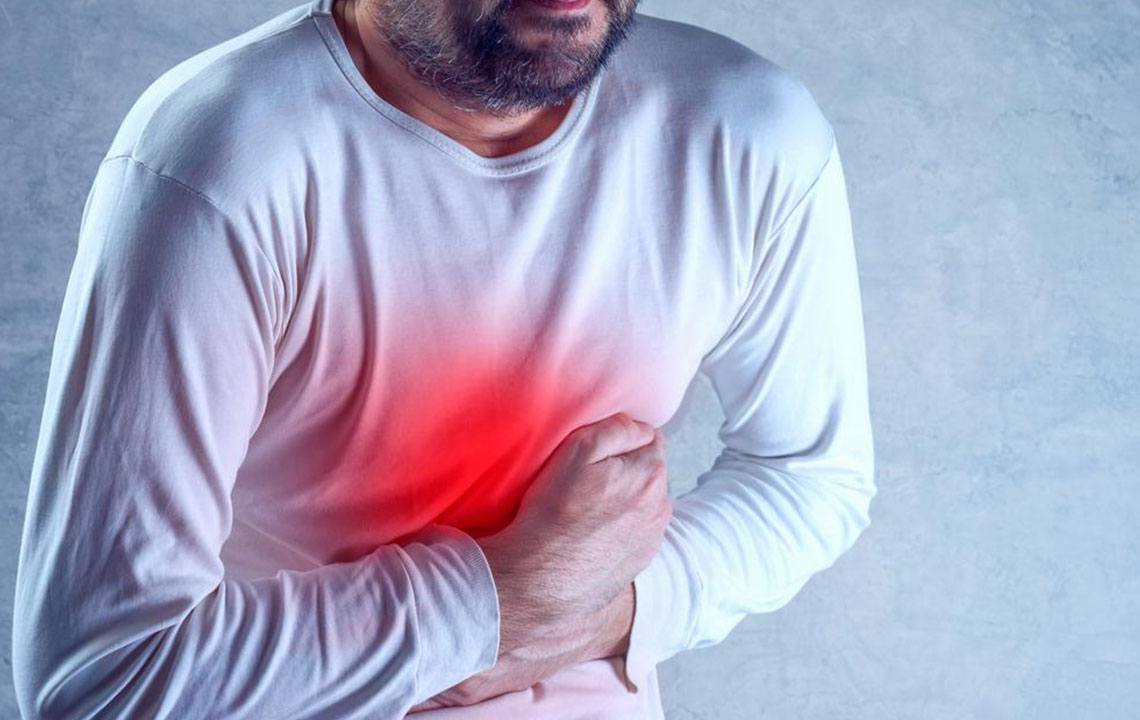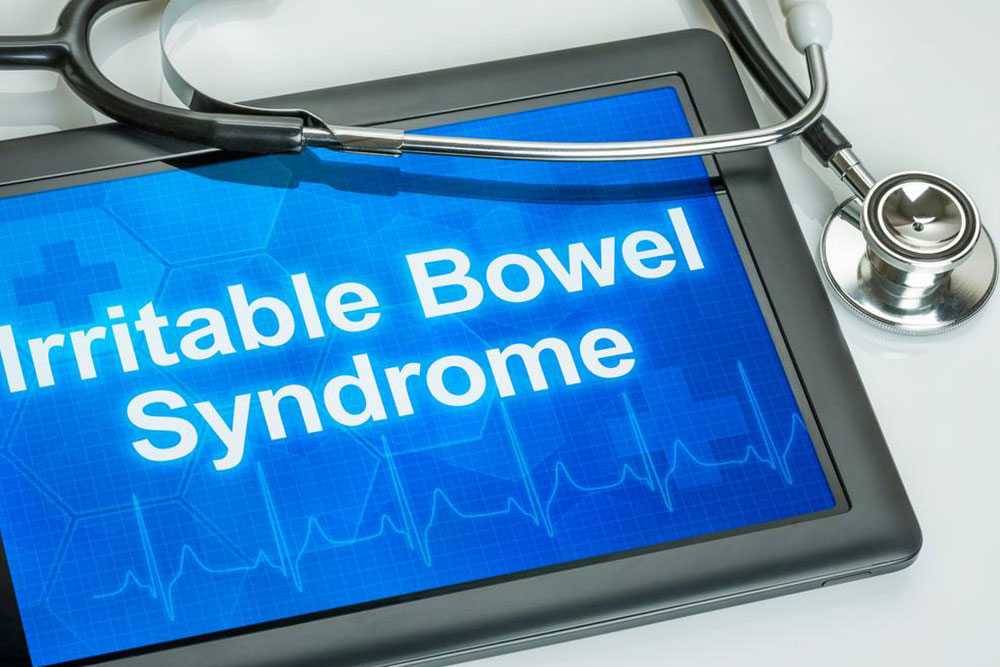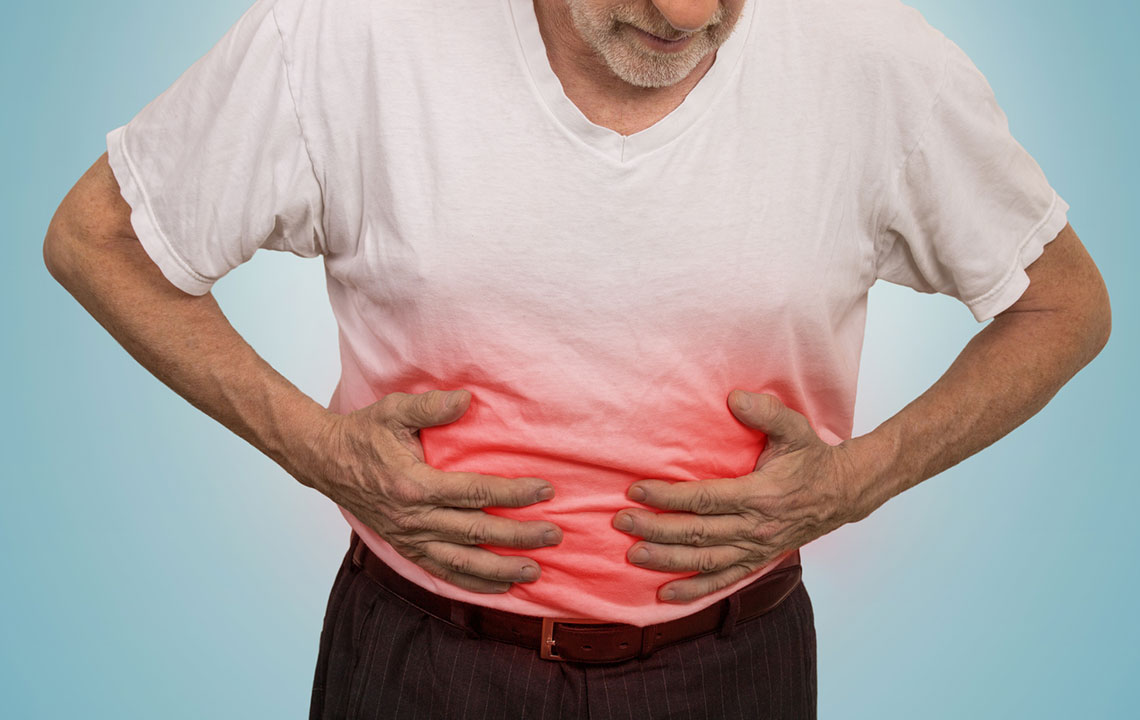Understanding IBS-Related Stomach Discomfort
Learn about the causes, symptoms, and management of IBS-related abdominal pain. Discover effective lifestyle changes, dietary tips, and when to seek medical help to relieve discomfort and improve quality of life. Consult healthcare professionals for tailored treatment options.

Understanding IBS-Related Stomach Discomfort
Irritable bowel syndrome (IBS) is a widespread digestive disorder that can cause a variety of uncomfortable symptoms. It encompasses a group of intestinal issues that often occur simultaneously. Common signs include mild to intense abdominal pain, bloating, gas, cramps, constipation, and diarrhea.
If you experience ongoing IBS symptoms, particularly severe stomach pain, consult a healthcare professional promptly.
Details About IBS-Related Pain
The pain associated with IBS differs from typical stomachaches. It may feel like stabbing sensations or spasms. This discomfort may result from sensitive stomach tissues or severe cramps. The pain can be intermittent or persistent over time.
Locations and Nature of Discomfort
IBS pain can occur anywhere in the abdomen.
Pain in the lower abdomen often diminishes after a bowel movement.
Upper abdominal pain frequently accompanies bloating.
Cramps usually originate from the middle region of the abdomen.
Managing IBS-Related Pain
Pain from IBS often worsens with diarrhea or constipation. Bloating may cause a feeling of the abdomen stretching to capacity, resulting in mild to severe pain. Digestive issues like indigestion can intensify IBS symptoms and discomfort.
Addressing underlying causes of IBS symptoms is crucial for pain management.
If you deal with chronic constipation or diarrhea, treating these conditions can help alleviate associated pain.
Eliminating food triggers, such as gluten if you are intolerant, can reduce bellyache. For instance, removing gluten from your diet may help manage your symptoms.
Adopt a diet rich in fiber—incorporate whole grains, legumes, vegetables, and fruits, while avoiding excessive fatty or spicy foods. Drinking plenty of water is essential.
Including daily mild to vigorous exercise can benefit your symptoms.
Reducing stress levels is also important for symptom control.
If pain persists, consult your healthcare provider for effective treatments and prevention strategies. Chronic discomfort may indicate a more serious condition.










